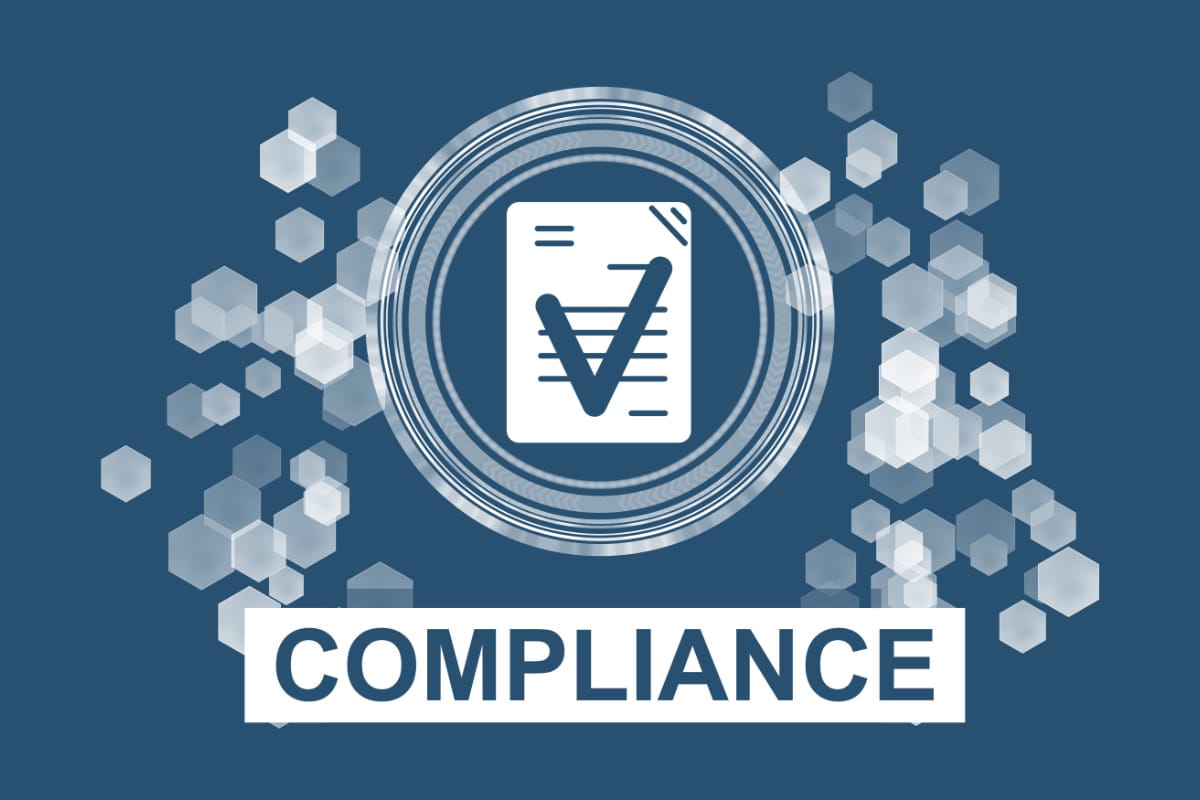As we’ve reported previously, here and here, community association board members and managers should be gearing up to comply with the Corporate Transparency Act (“CTA”), a new federal law which will require community associations to report information on their “beneficial owners” with the Financial Crimes Enforcement Network (“FinCEN”) of the U.S. Dept. of Treasury. Readers of our firm’s prior articles and updates are certainly aware of the CTA’s requirements as well as the ensuing legal challenges to the CTA in federal courts. Now, a new legal challenger has emerged, and this plaintiff is specifically representing the interests of community associations.
On September 10, 2024, the Community Associations Institute (“CAI”) filed its Complaint against the U.S. Dept. of Treasury seeking an exemption for community associations from the CTA.[3] CAI is a not-for-profit research and education organization which provides education, guidance and advocacy for and on behalf of community associations.[4] While there have been at least eight legal challenges to the CTA, this lawsuit brought by CAI will certainly be of particular interest given its focus on the CTA’s applicability to community associations, specifically.
CAI has raised numerous arguments in favor of exemption for community associations from the CTA to include the following:[5]
• Exemption from the Corporate Transparency Act (CTA): Community associations should be exempt from the CTA’s reporting requirements, as they are nonprofit organizations under section 528 of the IRS code.
• Improper Rulemaking Procedures: FinCEN issued FAQs without following proper notice-and-comment procedures required by the Administrative Procedure Act, making these rules invalid.
• Arbitrary and Capricious Action: FinCEN’s refusal to exempt community associations from the CTA is arbitrary and capricious, as it fails to consider the low risk of illicit financial activity by such entities.
• Constitutional Violations: The CTA violates their constitutional rights under the Fourth, Fifth, and Ninth Amendments by requiring invasive personal disclosures without adequate privacy protections or sufficient cause.
• Freedom of Speech and Association Violation: The CTA violates the First Amendment by burdening the right engage in protected speech and private association.
• Overreach of Federal Powers: CTA unlawfully usurps state authority to regulate corporate formation and governance, exceeding the federal government’s constitutional powers.
• Equal Protection Violation: CTA discriminates against community associations by not exempting them as nonprofit organizations, unlike similar entities under section 501(c) of the IRS code.
According to CAI, they filed the lawsuit because compliance with the CTA will/would present a “measurable, significant burden on volunteer leaders throughout the nation” because associations will be forced to collect personal information, turn it over to the federal government, and update it on an ongoing basis to comply with reporting requirements. Such onerous obligations, on top of an already thankless, volunteer job, will result in a chilling effect on volunteerism and increase administrative and legal costs. Our firm will be watching this case closely and continue to keep you updated on our blog.
While the legal challenges to the CTA are of interest, it is very important to remind everyone that community associations are not exempt from the CTA at this time, and the penalties for noncompliance with the CTA are serious. Noncompliance can result in civil penalties of up to $500 for each day that the violation continues. Beneficial Owners who fail to report may also be subject to criminal penalties of up to two years imprisonment and a criminal fine of up to $10,000.[6] Needless to say, you do not want your HOA to fail to file its required report ahead of the December 31, 2024 deadline for entities already existing before the effective date of January 1, 2024 (Reporting companies created in 2024 are required to submit their initial report within 90 days of creation.)[7]
Fortunately, our firm is prepared for the CTA’s impact and is ready to help community associations file their reports! In fact, if you would like our firm to file your beneficial ownership information with FinCEN, you can visit this link to provide your reporting information over a secure platform.
There, the association’s representative can provide the association’s beneficial owners information to enable our firm to compile and submit to FinCEN to help ensure compliance with the CTA. All information submitted will be contained in a secure portal within our firm. Filings would be billed pursuant to our firm’s hourly fee schedule with your community association. While the looming reporting deadline under the CTA represents unprecedented obligations for community associations regarding such federal reporting requirements, we are proud to be here to facilitate a smooth process and provide peace of mind for our community associations.
Our attorneys at McCabe, Trotter & Beverly, P.C. are well-equipped and prepared to assist your community association with CTA compliance and to answer any other questions you may have surrounding this new law. Please contact us at (803) 724-5000 for further information.
McCabe, Trotter & Beverly, P.C. blogs and other content are for educational and informational purposes only. This is not legal advice and does not create an attorney/client relationship between McCabe, Trotter & Beverly, P.C., and readers. Readers should consult an attorney to understand how this information relates to their personal situation and circumstances. You should not use McCabe, Trotter & Beverly, P.C. blogs or content as a substitute for legal advice from a licensed attorney.
[3] Plaintiff’s Complaint, Case 1:24-cv-01597, https://www.caionline.org/getmedia/12fdee07-b706-4467-aa87-e2d7b9b5ebc0/2024-09-10-cai-complaint-ecf-1.pdf
[4] https://www.caionline.org/
[5] CAI Lawsuit: Corporate Transparency Act Challenge Frequently Asked Questions (Updated September 10, 2024), https://www.caionline.org/getmedia/a76f3c9e-d2c5-427f-abde-1d7ef0de9223/faq-finalsept10.pdf
[6] 31 U.S.C. § 5336.
[7] Id.

